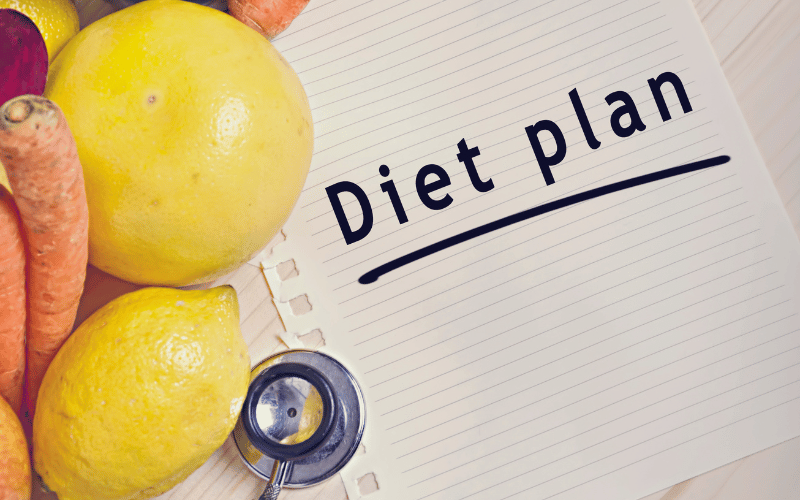Fact 8: Role of Diet in Prevention

Diet and nutrition, often discussed in the context of weight management or heart health, hold undeniable sway in the domain of stomach cancer. The adage, “You are what you eat,” rings particularly true here, as certain dietary patterns have been linked to an increased risk of this malignancy.
Processed foods, with their high salt and preservative content, consistently emerge as culprits. The nitrates and nitrites in these foods, though excellent for extending shelf life, don’t interact favorably with the stomach’s acidic environment. Over time, consistent consumption of these can pave the way for precancerous changes in the stomach lining.
But it’s not all grim. A silver lining in this dietary cloud is the protective role of fruits and vegetables. Laden with antioxidants, these dietary superheroes wage war against free radicals, notorious for causing cellular damage that can escalate to cancer. It’s no wonder then that diets abundant in greens and fruits consistently correlate with reduced stomach cancer incidences.
Vitamin C deserves special mention. Foods brimming with this vitamin, think citrus fruits, bell peppers, and strawberries, might offer an added layer of protection against stomach cancer. The mechanism here is twofold: not only does vitamin C neutralize harmful substances in the stomach, but it also aids in the repair of damaged cells.(8)